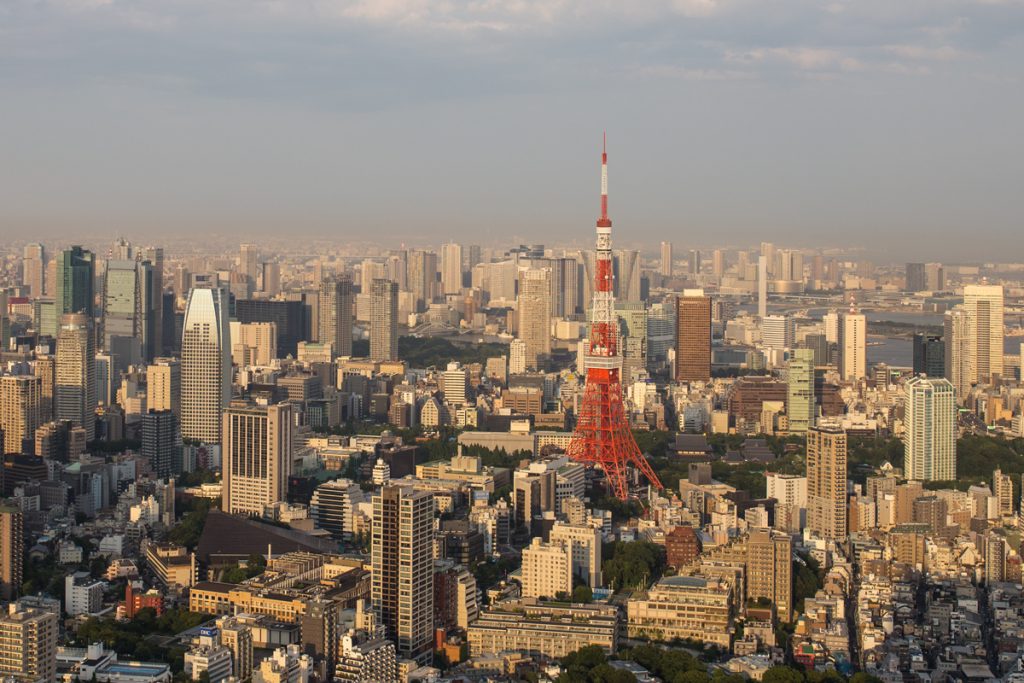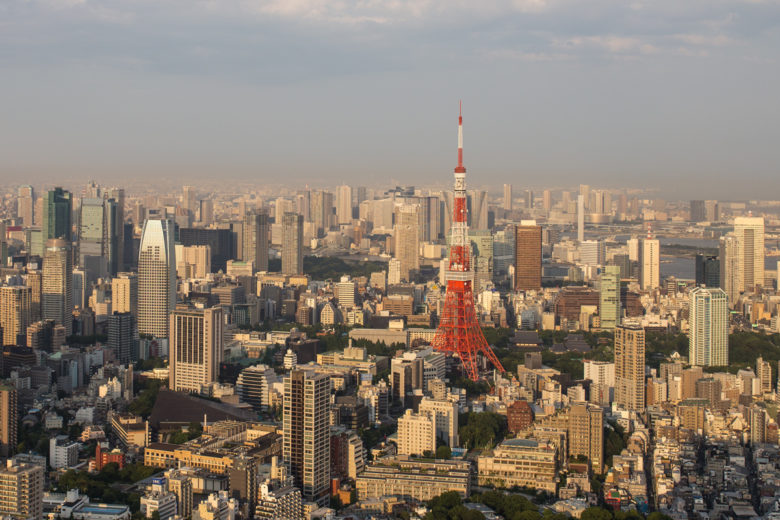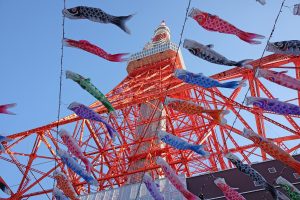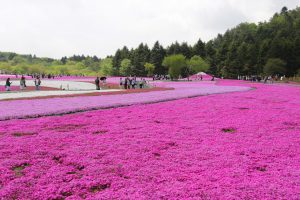
Recently, Honshu Island of Japan was struck by the Hagibis Typhoon. Honshu island is the most populous island where most of sightseeing places are located: Tokyo, Kyoto, Osaka, Hiroshima are to name a few. Japan is prone to different types of natural disaster. Earthquake and typhoon frequently strike Japan. This country is not a stranger to tsunami, flooding, landslide and volcano eruption.
Japan is one of the most prepared countries when it comes to disaster. It has excellent weather and disaster monitoring system that allows it to issue emergency warning ahead of time. If you happen to be in Japan, be sure to check the weather frequently. It sounds easy but when we travel we tend to neglect that and search more on “best cafe to dine”, “the most instagramable places”, “things to do …..”. Keeping yourself updated on the weather is paramount important while you are in Japan.
After living several years in Japan, I became familiar with the natural disaster preparedness, especially earthquake and typhoon. Japan has comprehensive guidelines for “do and don’t” during the earthquake. Some of them are different from what I was taught in my country. For instance, when an earthquake hit, I immediately had to evacuate from the building. That’s a big DON’T here in Japan. The safest place during the earthquake in Japan is inside the building (offices or apartments).
Here are the two most important disaster related things to do as soon as you arrive in Japan:
Install Safety Tips App
There’s a safety tips app dedicated to travellers of Japan. The safety tips app is created by JNTO. The app contains push-enabled alerts about earthquake, tsunami and other weather early warnings in Japanese, English, Korean, traditional Chinese and simplified Chinese. It also provides important information on evacuation flowchart, what should you do if earthquake happens, etc.
You can download the Safety Tips App here.
Follow the Local News Regularly
The easiest way to know the current situation is by following the local news. Lucky for all travellers, Japan has NHK World that broadcasts in English. It also has English website that regularly update the situation in the event of disaster.
Here is the link to NHK World.
What should you do in the case of the earthquake?
Earthquake frequently occurs in Japan. Unlike heavy rainfall, typhoon, storm or any other disaster caused by weather, earthquake cannot be predicted. We can only know it a few seconds before the earthquake hit.
Trains will stop automatically just before or just after the earthquake hits. The door will not be opened, all you need to do is just sit tight inside the train and wait until the tremor stop. After that, there will be instruction to stay inside the train or evacuate from the train.
If you happen to be inside a hotel in time of an earthquake, stay indoor. Do not attempt to hastily run to the stairs. It’s safer to be inside the hotel room / apartment than outdoor (Japan’s case). Stay away from the window. Protect your head and hide under the table, wait until the tremor has gone. Once the tremor stop, open the door and check the alley / pathway. You do not need to escape from the building unless there’s an instruction to do so given by the hotel.
If you happen to be inside an apartment during the earthquake, go to empty space (usually there’s a narrow path between the entrance door and the living room). Avoid standing close behind the door or the window.
If you are at public space (sightseeing spot, shopping malls or airport), stay away from any pillar, tree, shelf, furniture, lights and anything that can fall on your head. Try to find an empty land / space and wait there until the tremor stop.
In the event of typhoon / storm / flooding, here are important things to do:
Keep Water and Food Ready for A Few Days
Natural disaster always disrupts logistic system in Japan. It’s not easy to find food in the aftermath of the disaster. As soon as you hear that there will be a natural disaster about to hit, store food and mineral waters for a few days. May be the disaster will not be that bad, may be it will be a catastrophe…in any case, there’s no harm in storing food.
Know Local Emergency Line
It’s easy to find out local emergency line nowadays. You may need to call the local emergency line, you may not need. It’s better to write it down, just in case you need to call one of these lines:
- 119 : Medical emergency and fire brigade, for ambulances or fire services
- 110 : Police, for reporting accidents, theft or other crimes
- 118: Coast guard
- 0570-000-911: Japan helpline (24 hour non-profit, nationwide emergency assistance service)
- 03-3212-2323: Tokyo fire department disaster and emergency information center (English speaker available)
- #9110 or 03-3501-0110: Metropolitan police department general counselling centre for non-emergencies
Keep your embassy contact number in hand too. In case you need help, they’ll be willing to help you. It’s their job.
Prepare An Evacuation Bag
This one is often forgotten. It seems an easy task, just bring a few clothes and important documents. That’s all we need. It’s not that simple. There’ll be many people at the evacuation shelter. Everyone needs to pay attention to their family and love ones. None will share their water or meals with you. In a nutshell: you are on your own. Pack all necessary items like clothes, diapers (if you have baby), water, food and passport in one bag. In case you need to evacuate immediately, all you need to do is just to grab the bag and leave your suitcase behind.
Ask the Hotel Where is the Nearest Shelter If You Need to Evacuate
It’s best to ask to the hotel staff, in case you need to evacuate to a shelter. Each community has designated evacuation shelters, so you do not need to evacuate to any distant place.
During the Hagibis Typhoon, there was a designated evacuation shelter for tourists who were stranded in Ueno area. The shelter opened as soon as the train stopped the operation. I got this information from the Safety Tips App (that how important it is to install Safety Tips App while you are in Japan.
Call Your Family
Never ever forget this one. Please do call your parents or love ones at home. Let them know your situation and alert them if you may be unreachable for awhile. It’s very depressing for your family to learn that you are in a country that hit by a disaster and they do not have any information about you.
Try 0000Japan Free WiFi
“0000Japan” is a free WiFi SSID during any type of natural disaster. You can use it to get information or inform family on the situation. Be mindful that the WIFI is unsecured connection, you should never use it for a bank transfer.
Confirm Your Flight
Call the airline even the line is always busy, keep on trying. Remember you need to fly back home. It’s also good to drop the airline an email to confirm the flight or notify them if you are stuck somewhere because of unexpected natural disaster.
Do not forget to check the airline’s and airport’s website. There’s always important notice uploaded on airline’s/airport’s website on how should you deal with your flight in the event of natural disasters.
These are a few important steps that I learnt from the recent Hagibis Typhoon. If you have any other experience in bracing for disaster while travelling abroad, do share in the comment section below. Help the travel community to better prepare for disaster.




